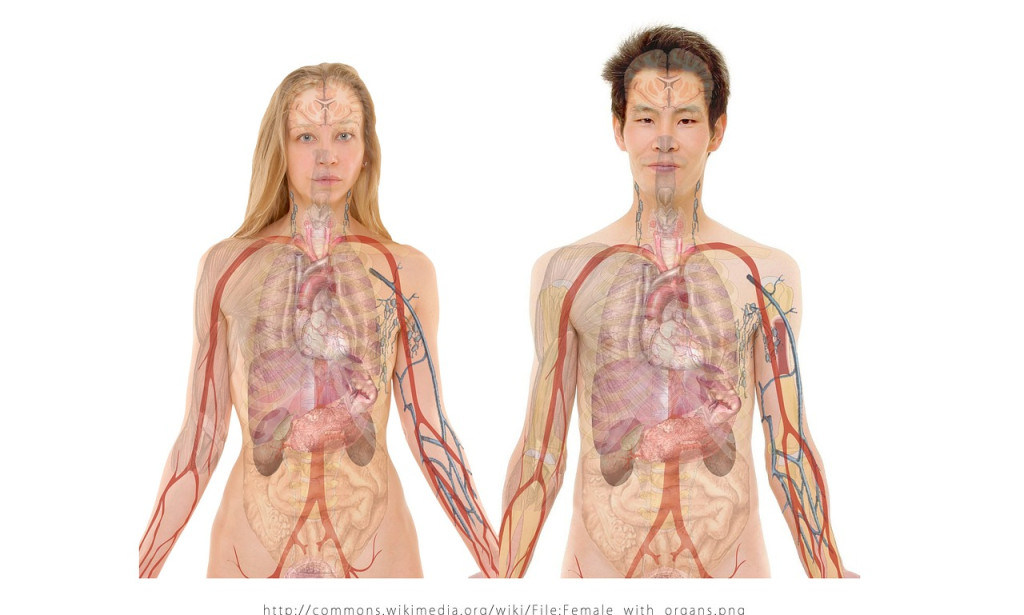The liver is the most powerful biochemistry plant in our body and weighs 1 to 1.5 kilograms. Blood containing nutrients generated after digesting food flows into the liver. In other words, all the food we ate is decomposed and then detoxified and stored through the liver.
Glucose stored in the liver is used to keep blood sugar constant. Glucose produced after meals is absorbed by the small intestine and transferred to the liver, and with the help of insulin, the liver absorbs glucose in the blood and stores it. Therefore, if there is a problem with the liver, the glucose stored by the liver decreases, and blood sugar can rise rapidly.

Among the typical liver abnormalities, hepatitis is caused by inflammation of the liver due to viruses, alcohol, and drugs. If liver function decreases, sugar metabolism decreases, resulting in fatigue, vomiting, and loss of appetite. Usually, there is about 5% fat in the liver, and fatty liver is more fat than this, and it occurs often when obese or drunk frequently. Hepatic cirrhosis is a condition in which the liver is continuously damaged due to hepatitis, causing the liver to harden and nodules.
Alcohol is not good for blood sugar control, but it is very harmful to the liver, so it is better to drink less if you want to protect your liver health. In addition, since the liver is called a silent organ, liver abnormalities should be detected early through regular liver function tests and ultrasound.



You must be logged in to post a comment.